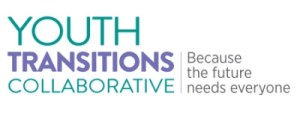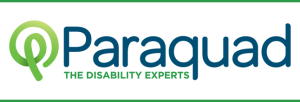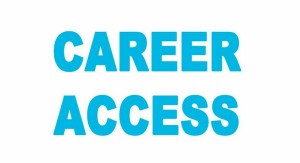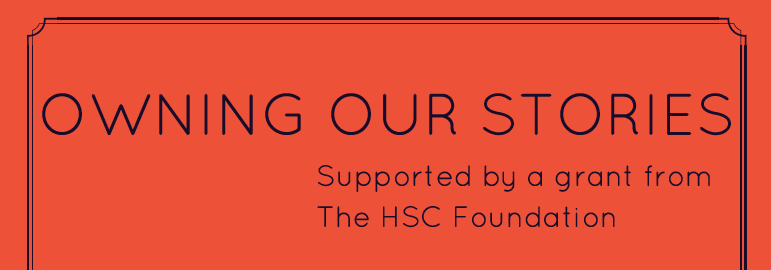Source: US Business Leadership Network
Today is a historic day for disability-owned businesses and service-disabled owned businesses! Earlier this morning Massachusetts Governor Charlie Baker announced several improvements to the state’s supplier diversity program, including best practice innovations and updates from the public and private sectors, the first expansion of benchmarks for minority and women-owned businesses in four years, and the first-time certification of veteran, disability and LGBT-owned businesses.
The Baker-Polito Administration’s policy changes and inclusiveness of new supplier diversity categories and partnerships, have also been made effective in a Governor’s Executive Order signed today, reaffirming and expanding the Supplier Diversity Program. [Read more…]
 On September 8, 2015, the United States entered into a proposed settlement agreement with the State of Oregon to vindicate the civil rights of individuals with intellectual and developmental disabilities (I/DD) who are unnecessarily segregated in sheltered workshops, or at risk of such unnecessary segregation. The settlement agreement with Oregon resolves a class action lawsuit by private plaintiffs in which the Department of Justice moved to intervene in May 2013. The lawsuit alleged that the State’s employment service system over-relied on segregated sheltered workshops to the exclusion of integrated alternatives, such as supported employment services, and placed individuals, including youth, at risk of entering sheltered workshops.
On September 8, 2015, the United States entered into a proposed settlement agreement with the State of Oregon to vindicate the civil rights of individuals with intellectual and developmental disabilities (I/DD) who are unnecessarily segregated in sheltered workshops, or at risk of such unnecessary segregation. The settlement agreement with Oregon resolves a class action lawsuit by private plaintiffs in which the Department of Justice moved to intervene in May 2013. The lawsuit alleged that the State’s employment service system over-relied on segregated sheltered workshops to the exclusion of integrated alternatives, such as supported employment services, and placed individuals, including youth, at risk of entering sheltered workshops. Each video is told from the perspective of key audiences that are part of the transition journey: young adults with disabilities, employers, and parents or caregivers.
Each video is told from the perspective of key audiences that are part of the transition journey: young adults with disabilities, employers, and parents or caregivers. The AbilityOne Program must be brought up to contemporary standards of practice for supporting people with disabilities to access competitive integrated employment. When these reforms are adopted, an inspector general should be appointed to provide rigorous oversight to ensure that the days of exploitation and fraud are brought to an end.
The AbilityOne Program must be brought up to contemporary standards of practice for supporting people with disabilities to access competitive integrated employment. When these reforms are adopted, an inspector general should be appointed to provide rigorous oversight to ensure that the days of exploitation and fraud are brought to an end. A bill, filed yesterday (bb173), would reinstate the exemption for sheltered workshops and allow the practice of paying workers with disabilities subminimum wage to continue in St. Louis.
A bill, filed yesterday (bb173), would reinstate the exemption for sheltered workshops and allow the practice of paying workers with disabilities subminimum wage to continue in St. Louis. At the Annual Meeting of the National Council on Independent Living in July 2014, a delegation of approximately 700 individuals with disabilities passed
At the Annual Meeting of the National Council on Independent Living in July 2014, a delegation of approximately 700 individuals with disabilities passed 

